It's a normal body function to grow hair but annoying when dealing with it on the upper lip. The good news here is the dermatologist-approved ways of getting rid of it without it coming back with a vengeance, by editor Trudi Brewer.
Before getting to the removal advice, there's more than one reason you may be sporting upper lip hair, says New York-based dermatologist Dr Michele Green. She explains, "The excess production of androgens (male hormones) is often responsible for upper lip hair growth. "There are several medical conditions why people experience an increase in hair growth, but these conditions are usually related to hormonal imbalances," she explains, noting that PCOS (Polycystic Ovarian Syndrome) and hirsutism (a condition in which women produce high levels of male androgens, which leads to excessive hair growth) can be to blame." While these are common causes for excess hair growth, she says. "Disorders of the pituitary gland, adrenal gland, or thyroid gland can play a role, as well as medications to treat endometriosis, androgen-secreting ovarian tumours, severe insulin resistance, hormonal changes linked to menopause, and the use of anabolic steroids or corticosteroid." With all that in mind, keep reading for eight dermatologist-recommended tips for diminishing the appearance of upper lip hair.
Using a blade
It is an urban myth, says Dermatologist Dr. Robyn Gmyrek that the hair will not grow thicker or darker in you shave. "It might feel thicker, but that is only because you cut it in the middle of the hair, which is a bit thicker than the tapered tip," she says. Although shaving won't remove hair from the root, it has benefits. "This is disadvantageous because it will grow back quickly, and many will have to shave every day or every other day," she admits. "It is advantageous, however, because there is less risk of getting any ingrown hair since you are not pulling the hair out of the root." For best results, Gmyrek recommends using a razor designed specifically for the face, like a derma blade, as they cater to the contours of the face. If you've never been dermaplaned before, you're in for a treat. An in-clinic, ultra-sharp blade will shave off the hair and exfoliate any dead skin cells on the surface - expect baby-smooth skin after this treatment. "The advantage is that you get extensive hair removal, and it is not painful," Gmyrek says.
Editor Trudi Brewer’s review of a dermaplaning treatment
Before (left) and after (right) a dermaplaning treatment at OFF & ON
First up, I was nervous about having this treatment. But desperate to get rid of those soft hairs constantly catching the light, OFF & ON call that 'peach fuzz' and use a technique called Dermaplaning to get rid of it. It's hair removal and skin exfoliation all in one. Essentially it’s blading your face with an ultra-sharp, sterile blade that is gently brushed along the skin's surface (every inch of your face) to remove that hair and exfoliate off the top layer simultaneously to give your skin the smoothest shave in town - which was the bit that scared me shitless. The other benefit to dermaplaning is there’s zero downtime. You can have this treatment during your lunch break; it works for most skin types, even the most sensitive. But the million dollar question, would it grow back like a builder's stubble? No, dermaplaning gets much closer than an ordinary shaver would remove fine hairs and dead skin cells, creating that overall bright look to the skin. This treatment will not encourage hair growth unless you pluck the hair from the root, and it doesn't hurt. The result is uber-soft skin that soaks up that pricey serum and makeup, glides over and sits all day perfectly. No more facial fluff catching the light - why did I not know about this sooner? Have I been living under a rock? I now have a session every six weeks.
A full-face dermaplaning costs $90 at OFF & ON.
Bondi Blades DERMA RAZOR, 3-PACK, $25.
We have tried a few derma blades, which are the best DIY options. First, the bio-degradable wheat straw handle and stainless steel blade are sustainable anti-slip, and you get at least three shaves out of one blade before replacing it.
How to: Use a new blade on freshly-washed, dry skin. Hold the skin taught at an angle and work tools gently using light strokes downward. Use a natural face oil post-dermaplaning. Remember that peach fuzz protects your skin and acts as a natural sunblock, so if you remove it, you must be vigilant about applying sunblock - every day.
Depilatory Cream
Depilatory creams use chemicals to dissolve hair from the surface of the skin. According to Gmyrek, depilatory creams can irritate, have strong odours, and sometimes cause allergic reactions. However, if you don't have sensitive skin, you can look forward to your upper lip hair-free for a few weeks, as these creams sink deep down to dissolve beyond the surface of the skin, but not quite to the root area of the hair where it grows. Gmyrek suggests buying a formula designed specifically for the face. "Do a test patch first to be sure you are not allergic, and follow the directions exactly."
Nads Hair Removal Facial Cream, $9.
Formulated with a blend of almond and calendula oils and vitamin E to help soften the skin, the potassium thioglycolate dissolves the bonds in the hair, almost melting away that unwanted hair in a few minutes.
To use: Apply an even thick layer, don’t rub it in. Just let it sit on the hair for at least four minutes. Remove the cream with a tissue, and then wash your face with warm water. it’s that easy.
Vaniqa
Suppose your upper lip hair seems to be growing at a super-fast rate. In that case, MacGregor recommends consulting your doctor or dermatologist about a prescription for eflornithine hydrochloride New Zealand Medsafe approved. Vaniqa. This prescription-only medicated cream slows the growth cycle and can thin the hair. But, she adds, "It doesn't remove hair on the spot; it just slows down future growth."
Laser Hair Removal
Laser hair removal is the best way to reduce hair growth permanently. However, Gmyrek points out, "It's only effective on darker hair, as the laser specifically targets the pigment of the hair. So if you have blonde or light brown or red hair, or if your hair has turned grey, it likely won't work for you." Effectiveness aside, the cost is worth mentioning. While the treatment only takes a few minutes, you can expect to pay $99 for each treatment; most require from five to seven treatments as a course. Also, this treatment can come with risks, such as skin discolouration, blistering, and scarring - unless you are in the hands of a professionally trained operator. About Face offer the Ellipse I2PL laser which is one of the most superior machines on offer here in New Zealand.
Waxing
Last but not least is waxing, which you should also be careful with if you have sensitive skin. MacGregor says the option is less favourable, in her opinion. "Waxing is affordable and effective at removing the hair in a way that will last longer than other at-home options. "However, it can be painful, and some people will experience redness or even irritation of the follicles for several days after," she warns, noting that the best way to avoid adverse effects is to use the strips and follow instructions to the letter.
Marzena Natural Face Wax Strips with Hemp Oil, $14.
These natural wax strips were made for the delicate skin on the face with sustainably sourced pine tree resin that helps grip stubborn hair while soothing with the natural hemp seed oil at the same time. They are 100 per cent bio-compostable clear cellophane so that you can see exactly where you are placing them, as well as being kind to the planet - that’s a no-brainer.
Tweezing
Yes, tweezing is the easiest, fastest and cheapest way to remove unwanted facial hair, and perfect in an emergency. But experts warn this does encourage terminal hair growth, dark, strong hairs will continue to grow back. Cut the hair as close to the skin as possible and then investigate IPL (Intense Pulsed Light) laser hair removal.
Tweezerman Smooth Finish Facial Hair Remover, $45.
More like threading than plucking, this device will whisk away unwanted hair on your chin and upper lip. The handles work together to pull out those unwanted hairs without damaging your skin.
How to use it: Rest the flat side of the coil on your face, and then twist the knobs with both hands (above the coloured handles) on the stainless steel coil in the same direction as the arrows.
Waxing
Last but not least is waxing, which you should also be careful with if you have sensitive skin. MacGregor says the option is less favourable, in her opinion. "Waxing is affordable and effective at removing the hair in a way that will last longer than other at-home options. "However, it can be painful, and some people will experience redness or even irritation of the follicles for several days after," she warns, noting that the best way to avoid adverse effects is to use the strips and follow instructions to the letter.

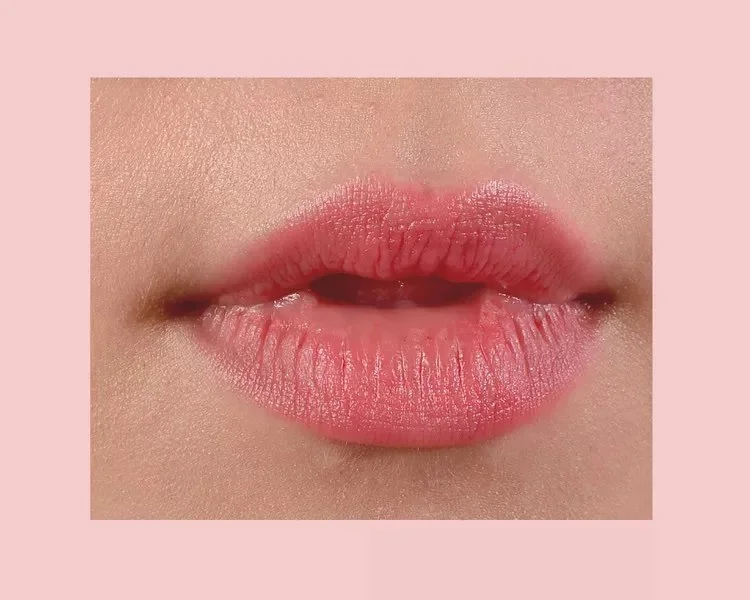

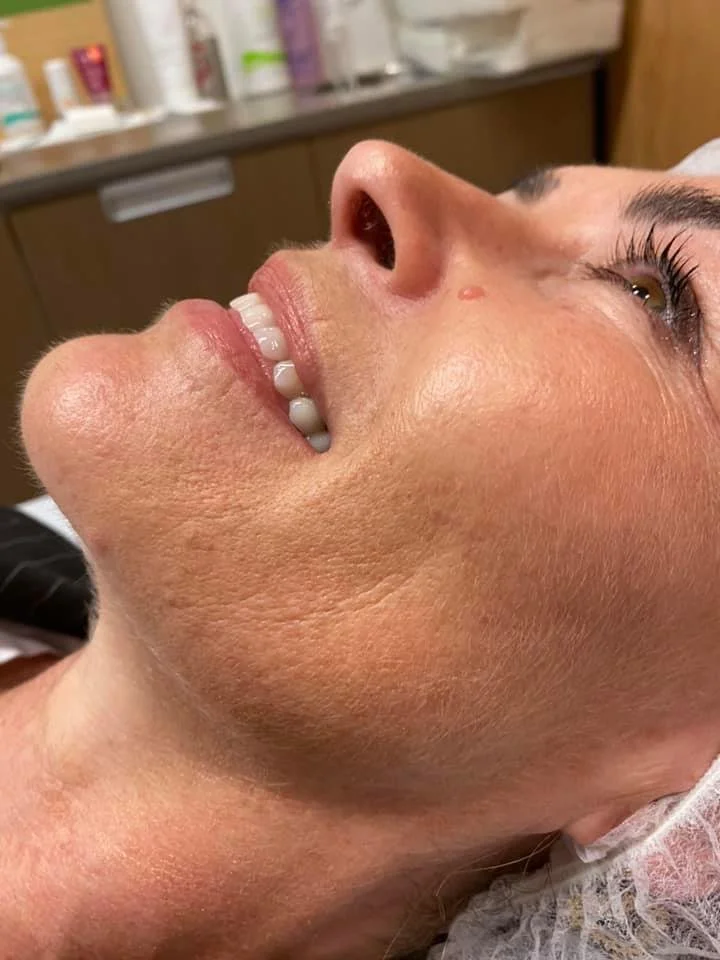
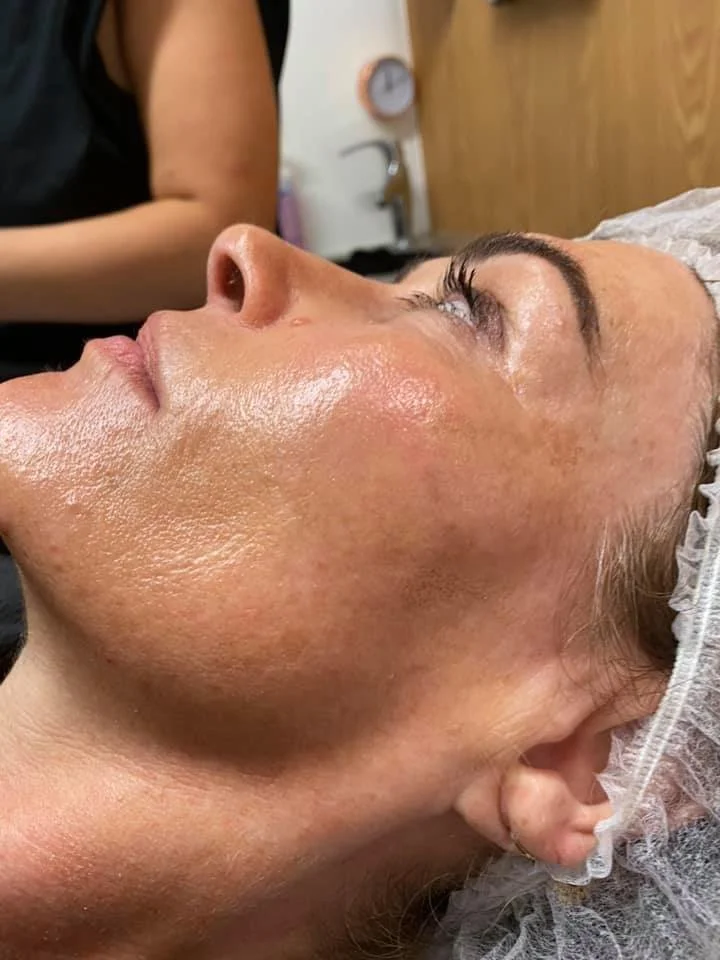
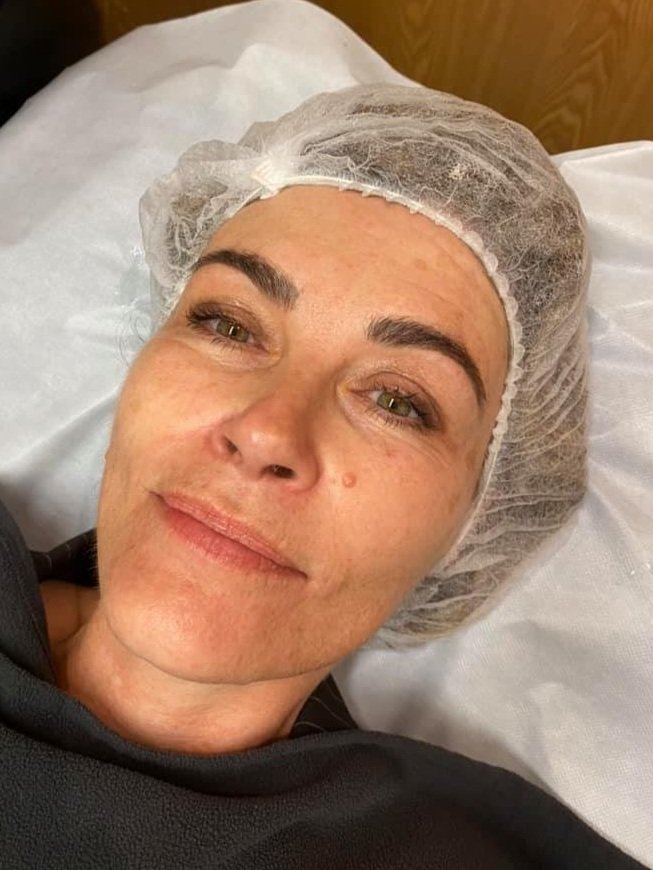
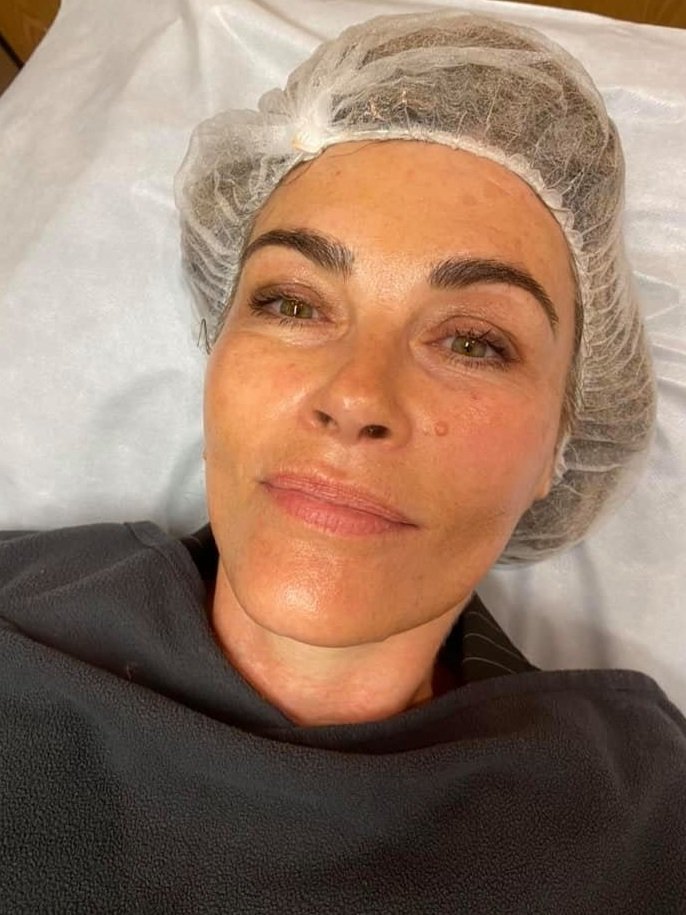
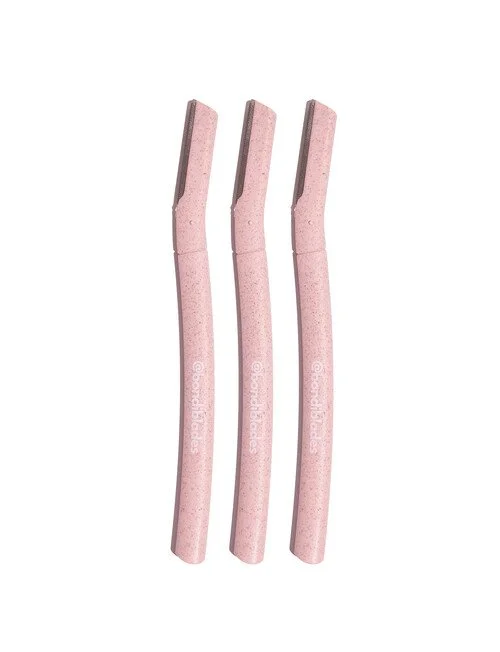





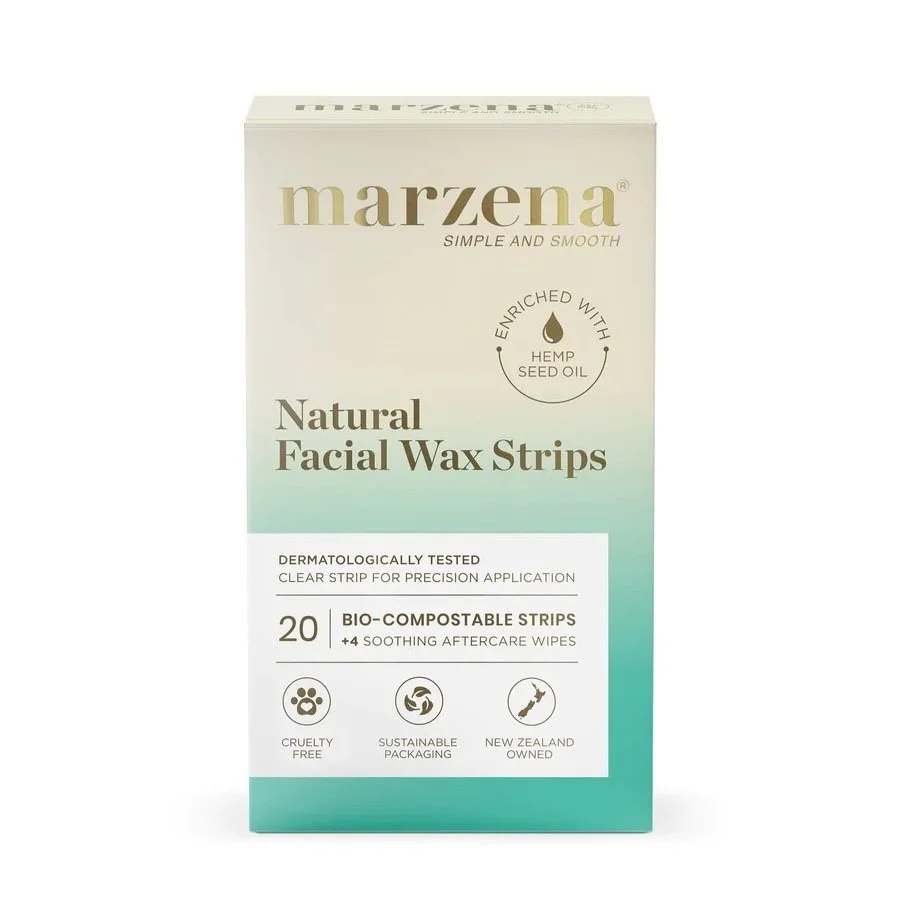

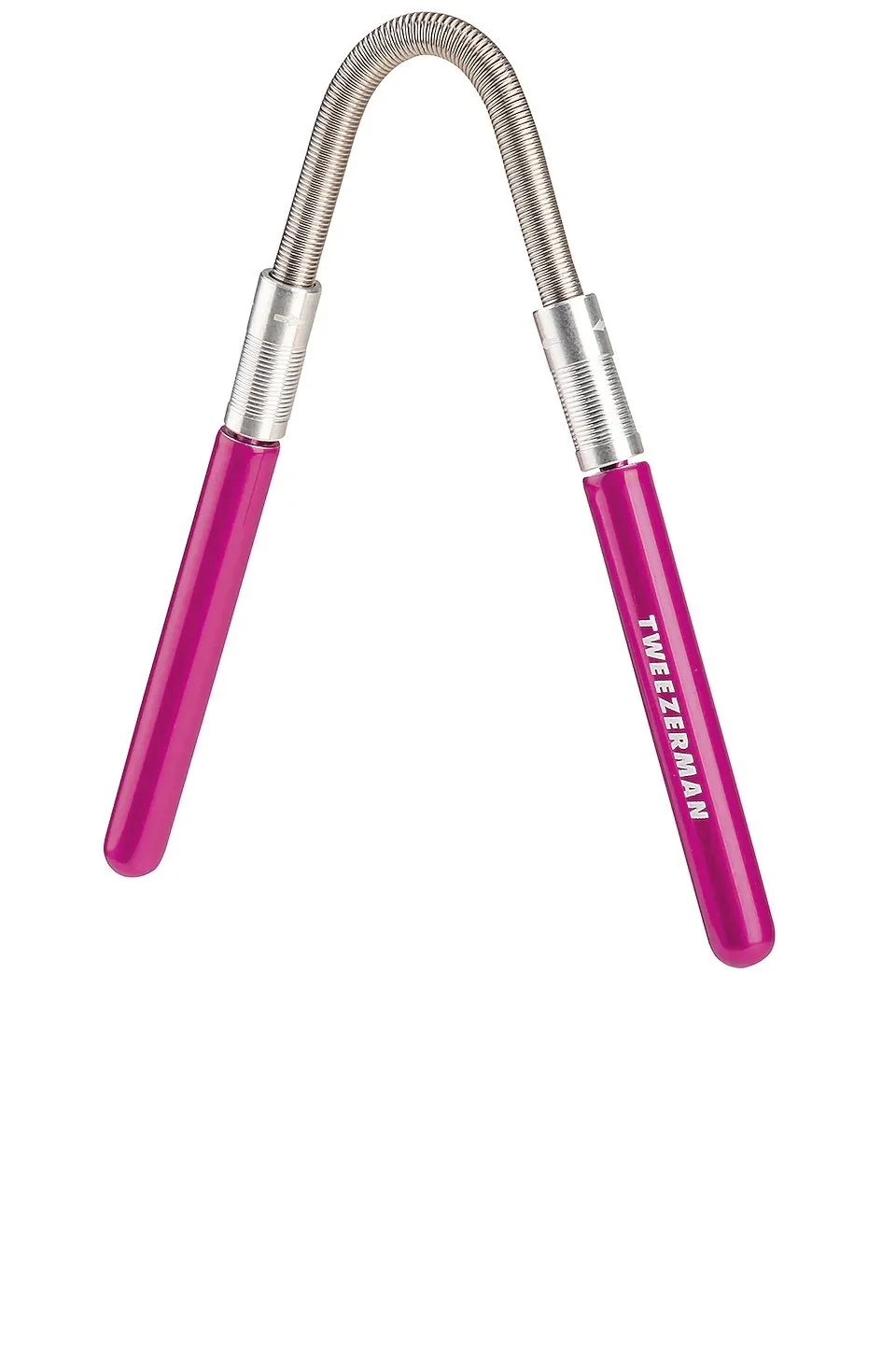
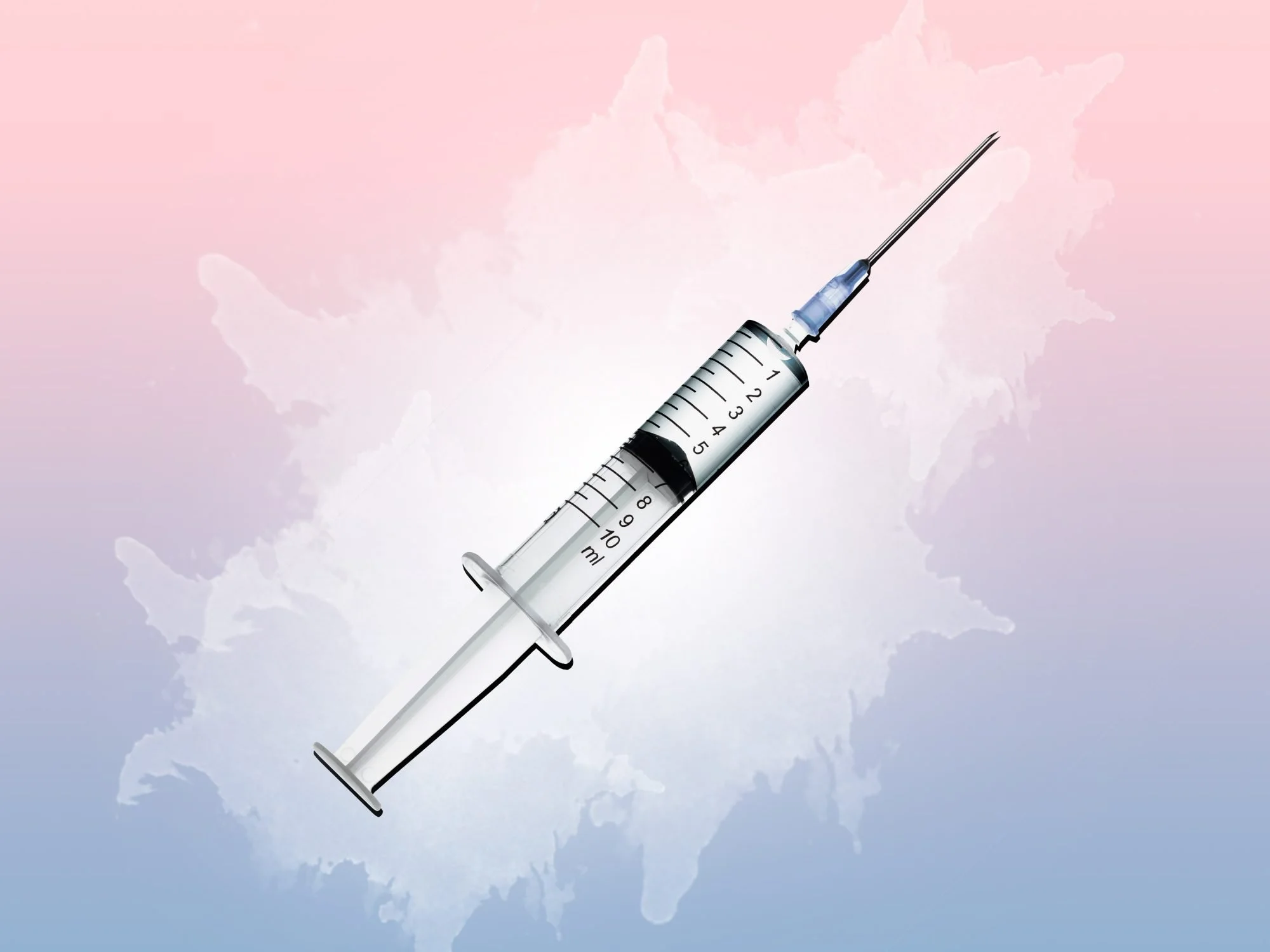

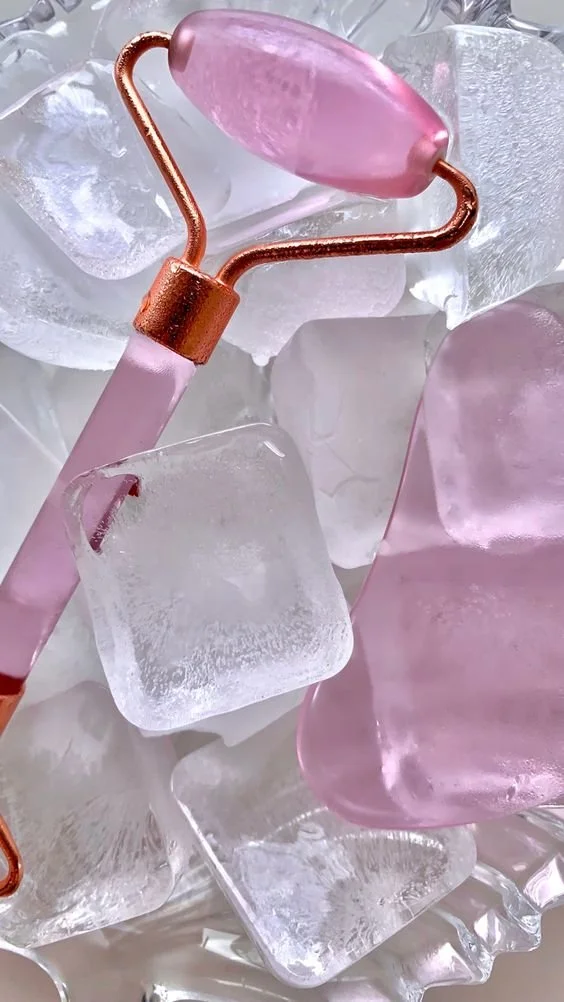
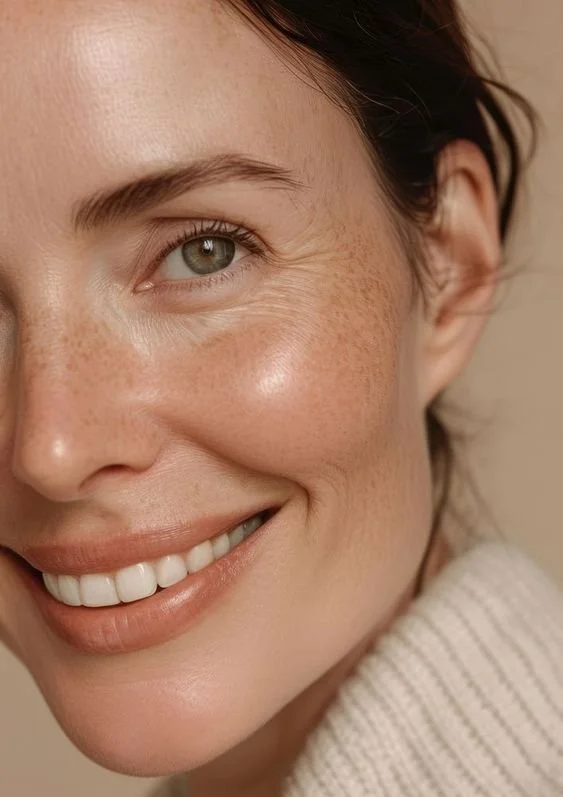
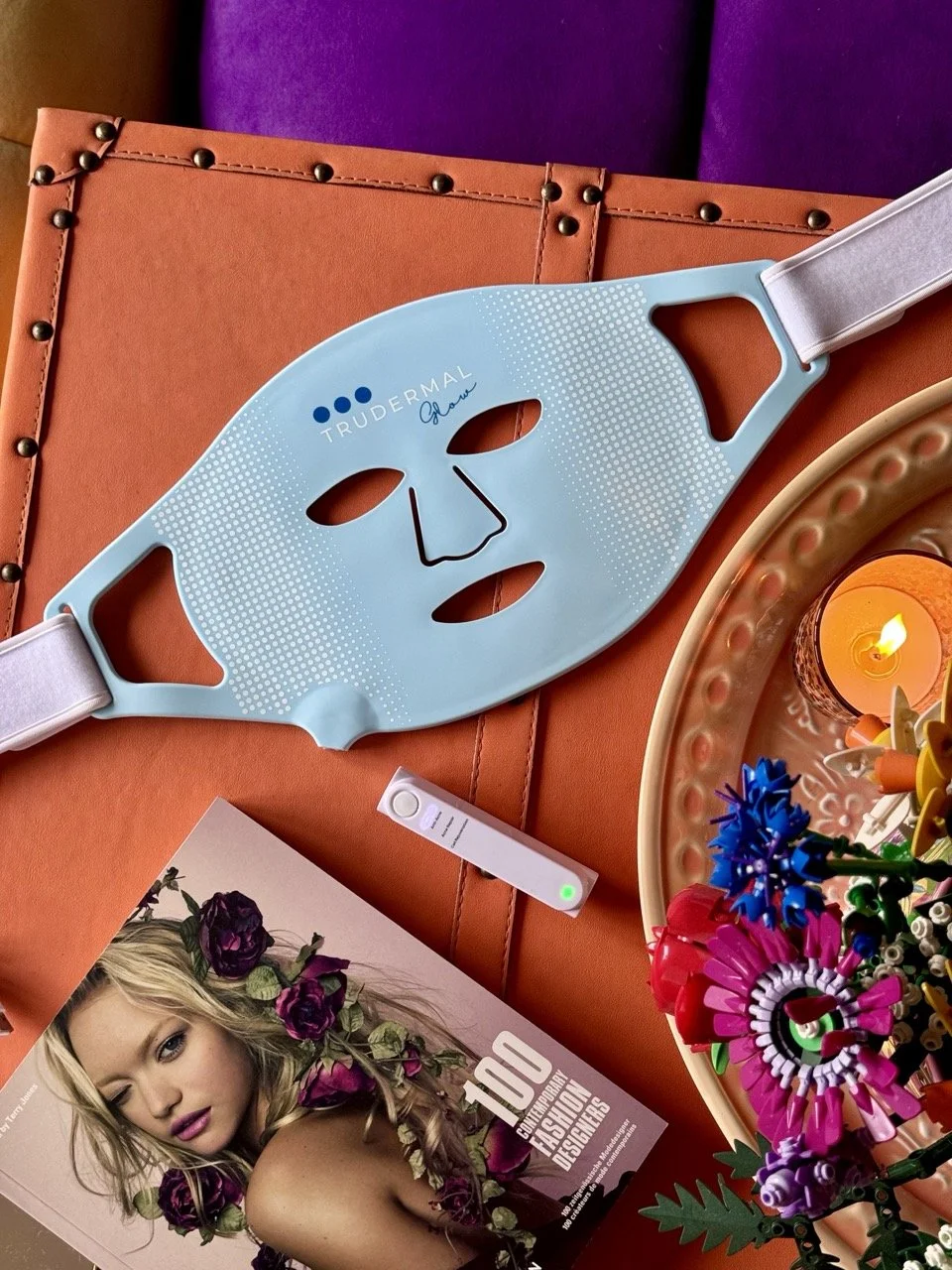
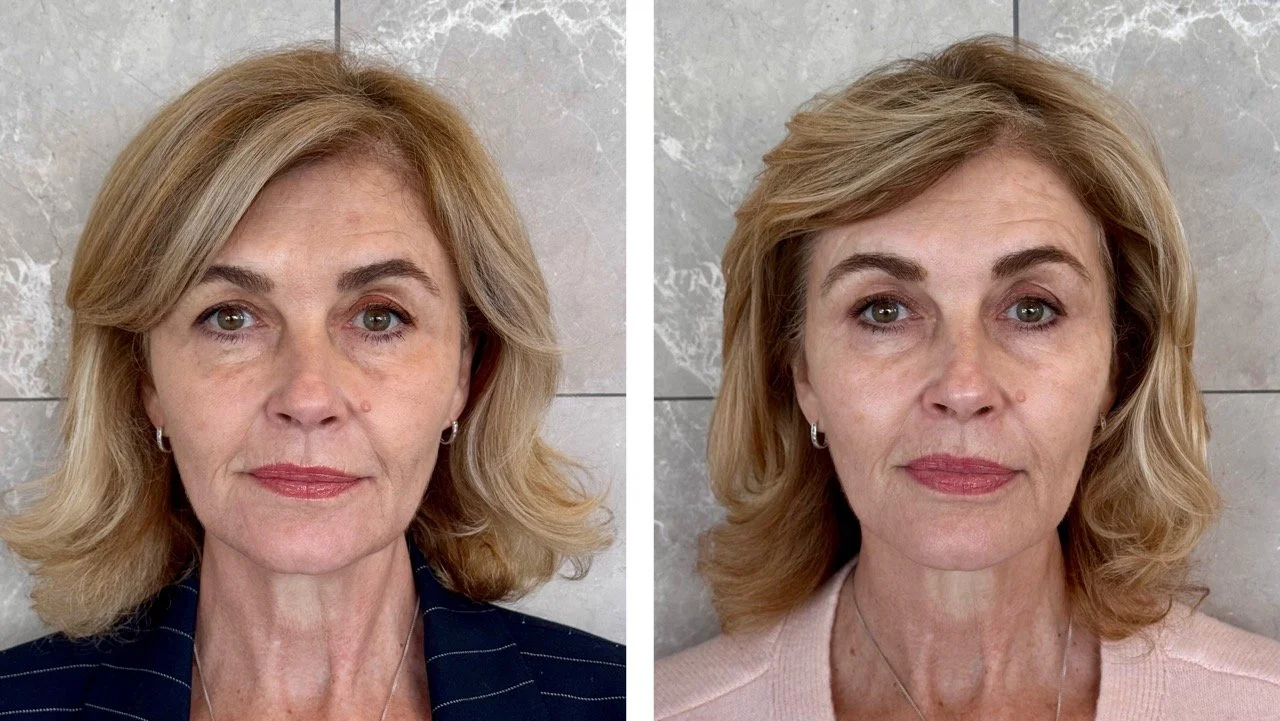

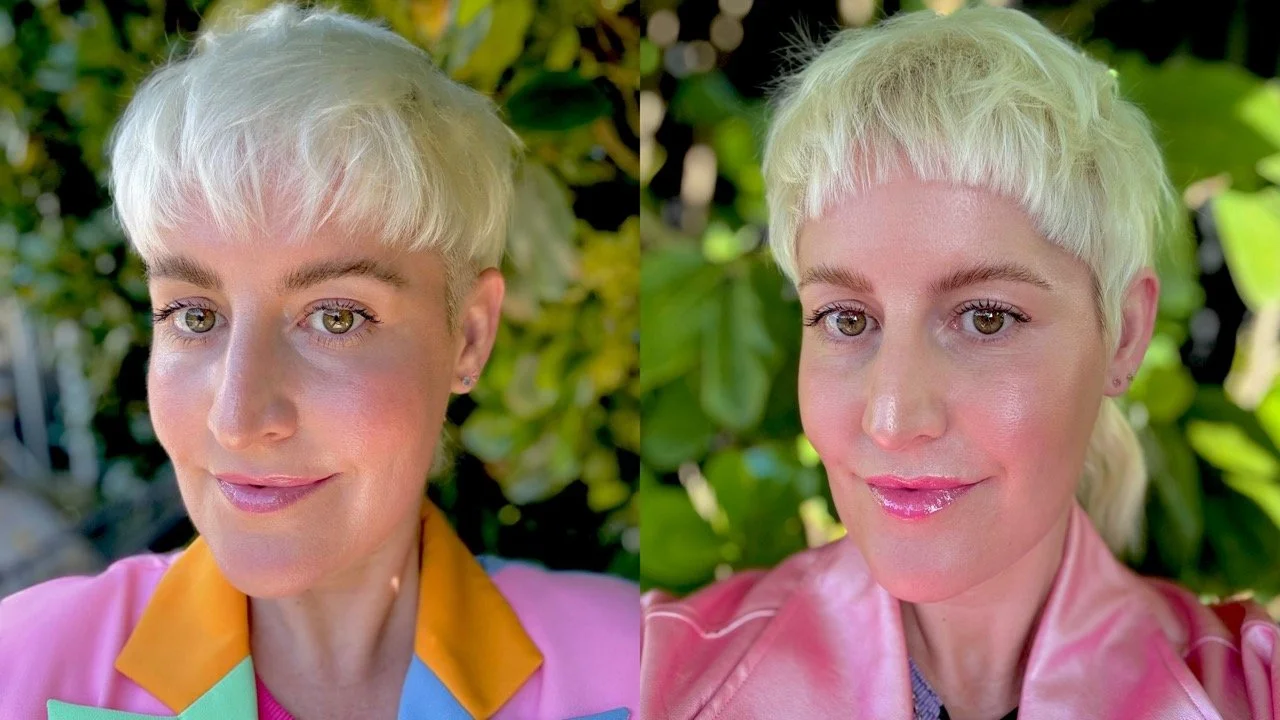

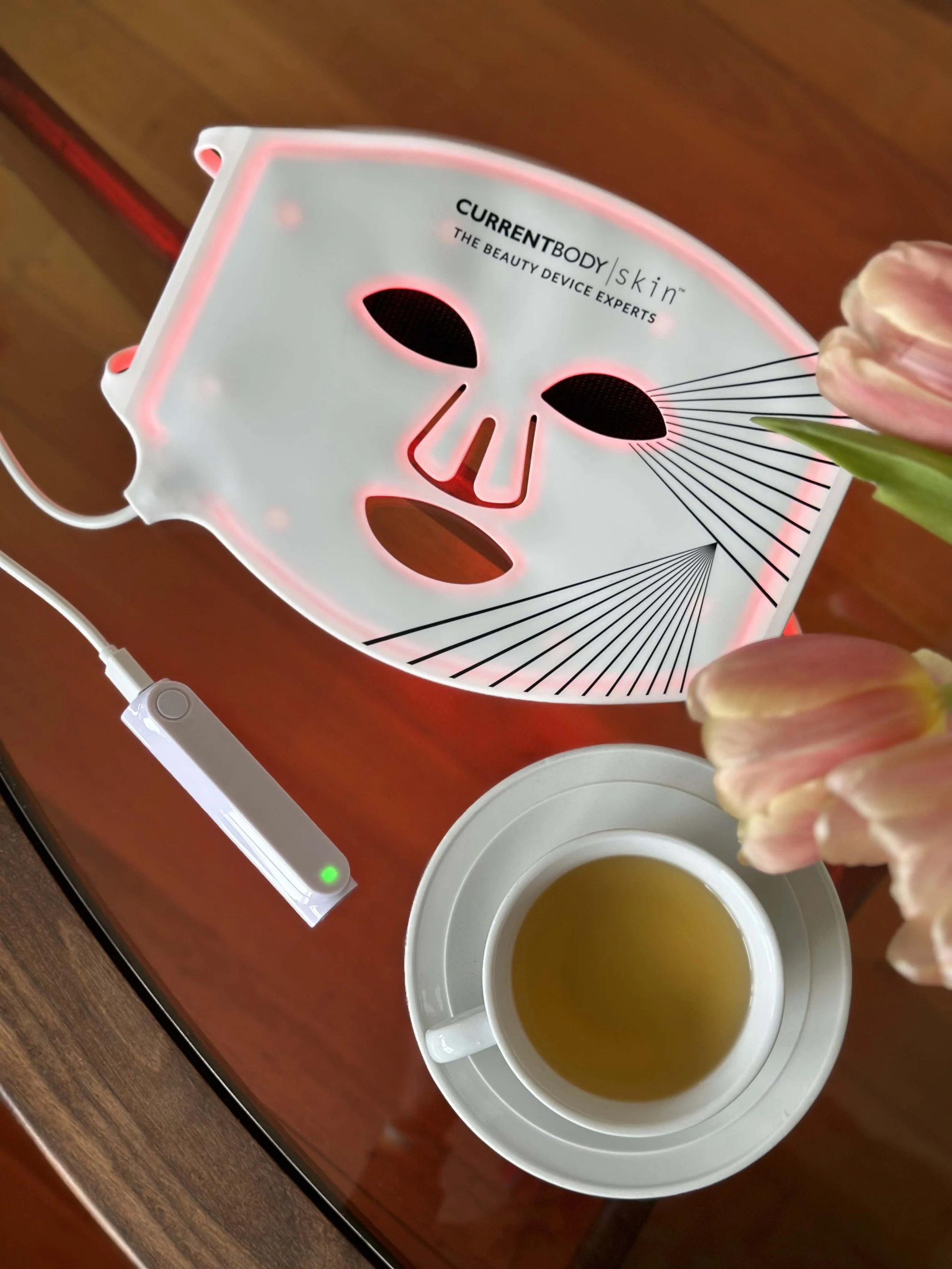




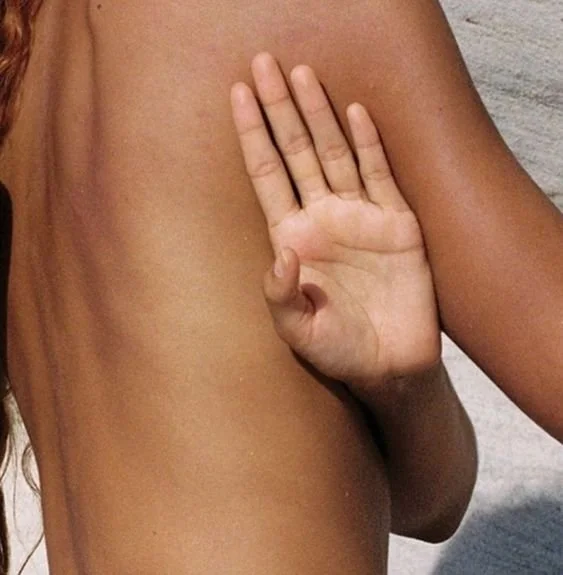
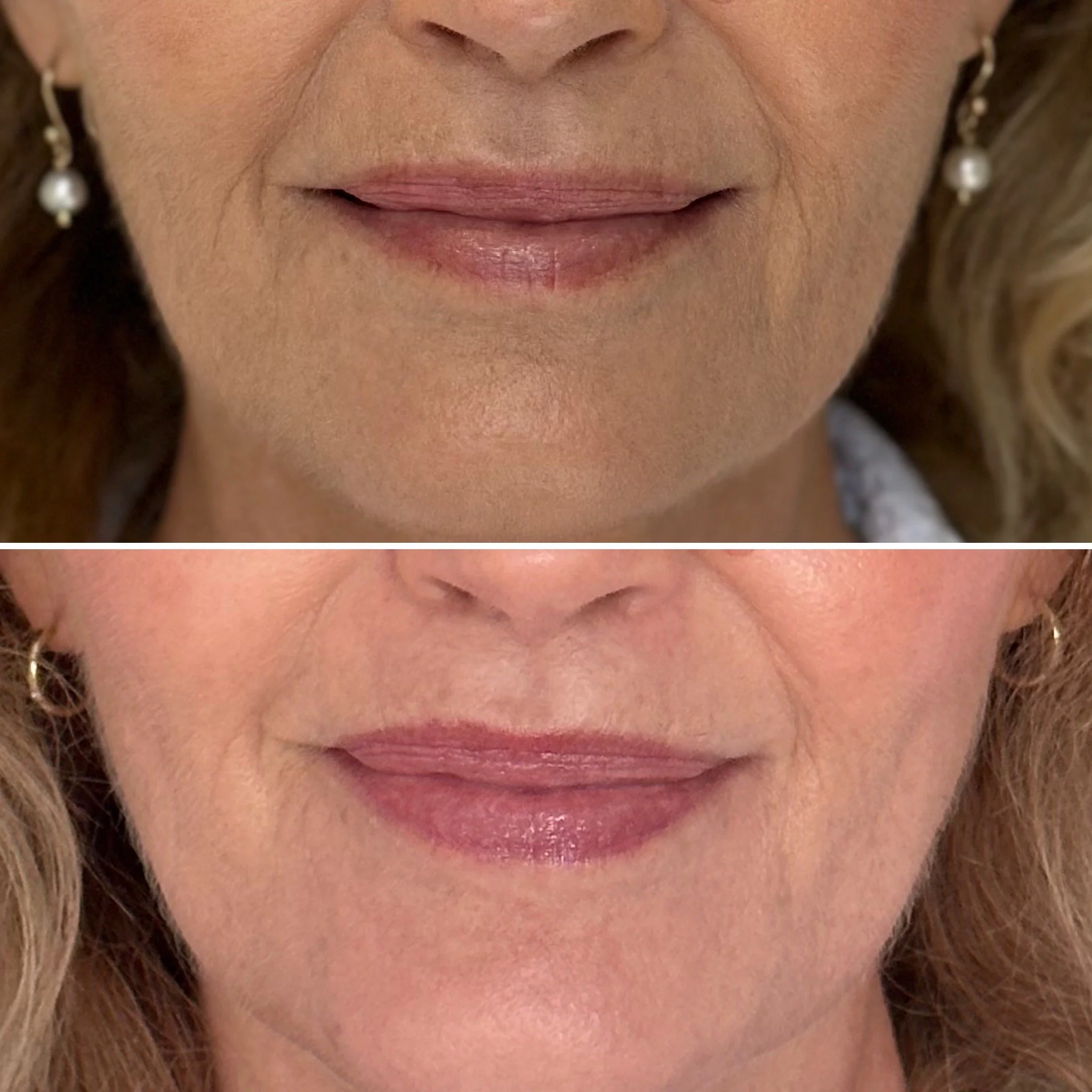



Here is expert advice.